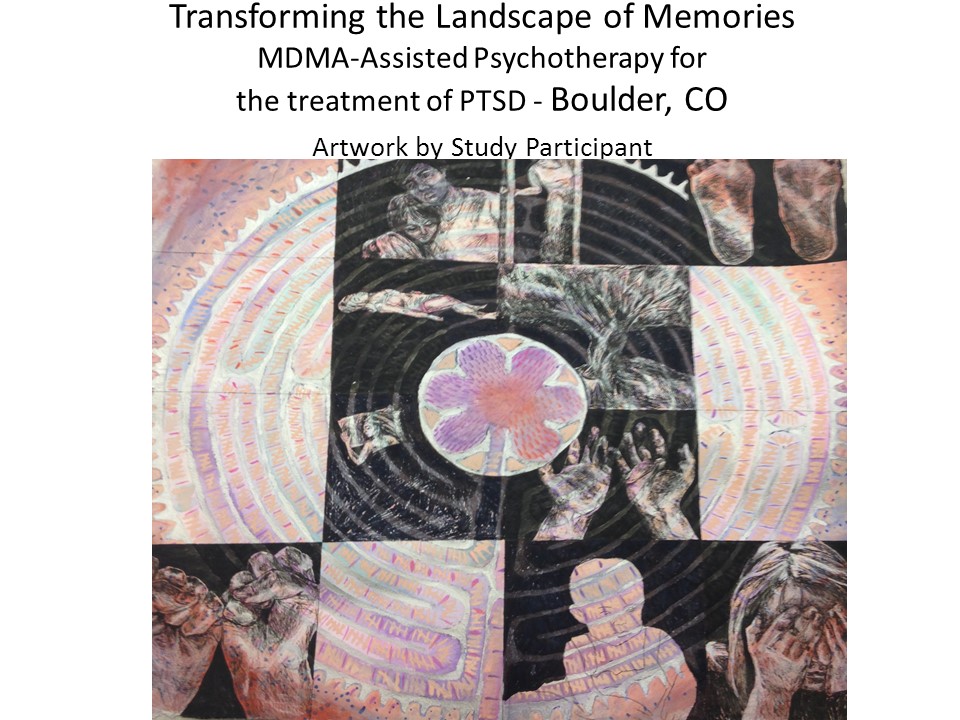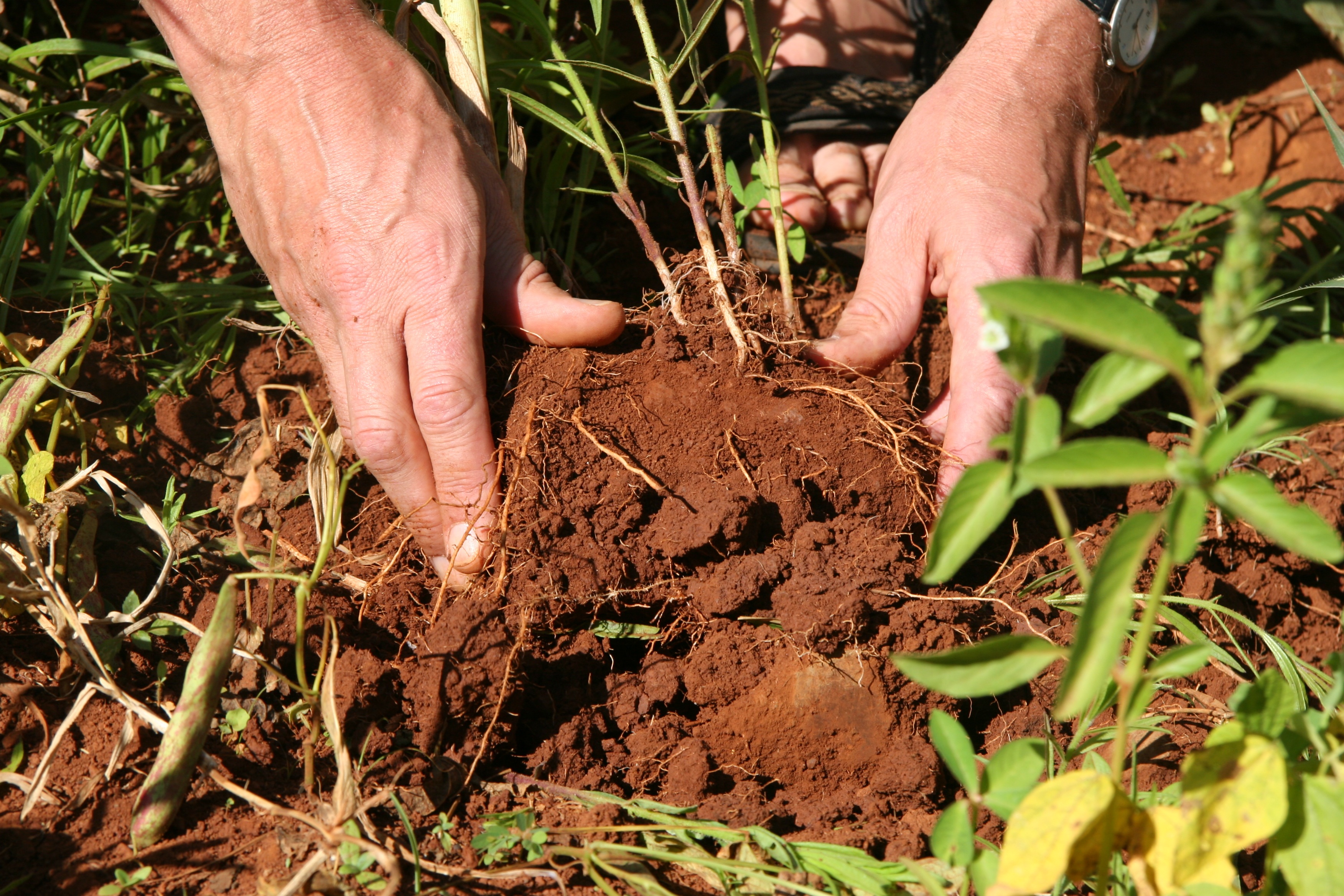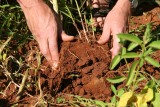 For this end-of-the-year/start-of-the-year How on Earth show, we look back to 2017 with clips from some of our features from the past year: selections about tracking methane leaks, ketogenic diets, using MDMA to treat PTSD, gravitational waves, the solar eclipse, space missions, and the politicization of science. Those are just a few of the topics we covered in 2017, which also included: the continuation of the Our Microbes, Ourselves series, global warming and climate change, research about aging, mutant proteins, how humans have altered nature, future technologies, nuclear tests and the Van Allen belts, biofuels, extinctions following an asteroid impact, monorails, life expectancy in America, observing stellar occultations by objects in the distant solar system, space shields for satellites, virtual colonoscopies, the Search for Extraterrestrial Intelligence (SETI), chronic fatigue syndrome, protecting pollinators, testing our drinking water, cancer, the Long Now foundation, citizen science, fracking, and more!
For this end-of-the-year/start-of-the-year How on Earth show, we look back to 2017 with clips from some of our features from the past year: selections about tracking methane leaks, ketogenic diets, using MDMA to treat PTSD, gravitational waves, the solar eclipse, space missions, and the politicization of science. Those are just a few of the topics we covered in 2017, which also included: the continuation of the Our Microbes, Ourselves series, global warming and climate change, research about aging, mutant proteins, how humans have altered nature, future technologies, nuclear tests and the Van Allen belts, biofuels, extinctions following an asteroid impact, monorails, life expectancy in America, observing stellar occultations by objects in the distant solar system, space shields for satellites, virtual colonoscopies, the Search for Extraterrestrial Intelligence (SETI), chronic fatigue syndrome, protecting pollinators, testing our drinking water, cancer, the Long Now foundation, citizen science, fracking, and more!
Hosts: Joel Parker, Susan Moran
Producer, Engineer: Joel Parker
Additional Contributions: Beth Bennett, Shelley Schlender
Executive Producer: Susan Moran
Listen to the show:
Podcast: Play in new window | Download (Duration: 25:19 — 34.8MB)
Subscribe: RSS







